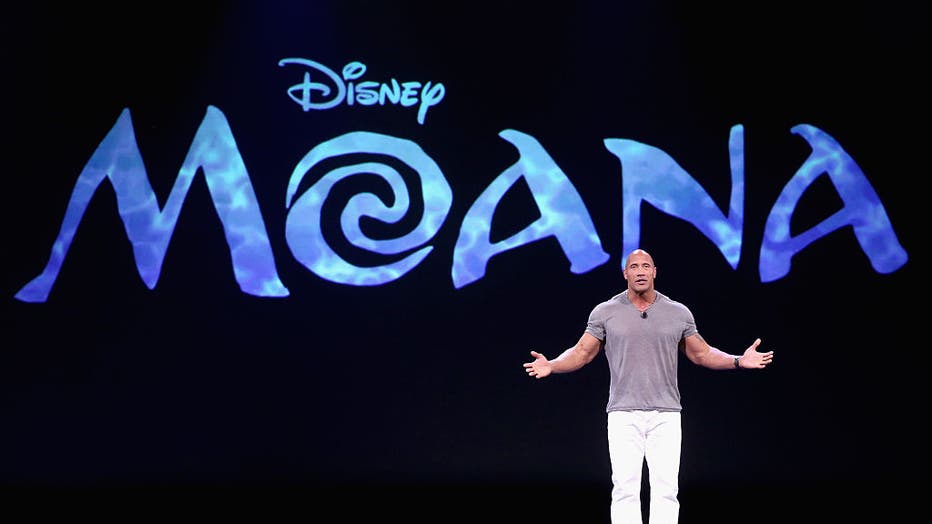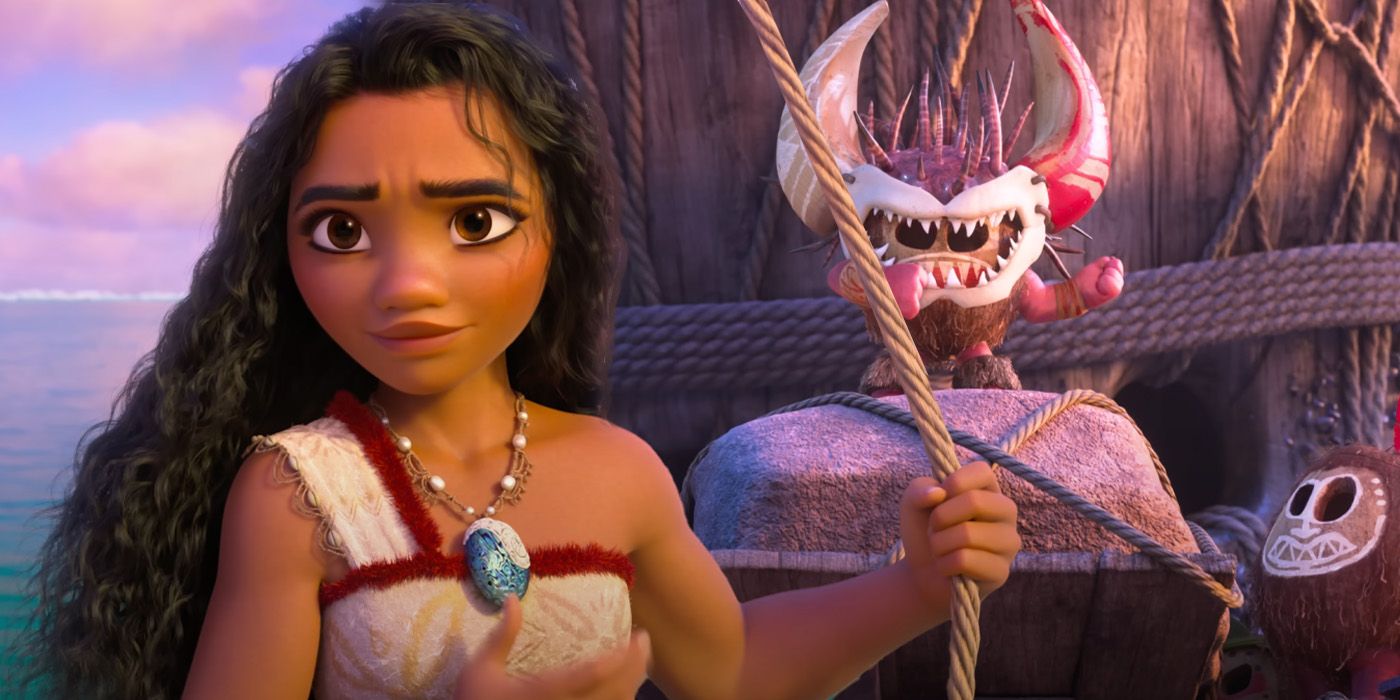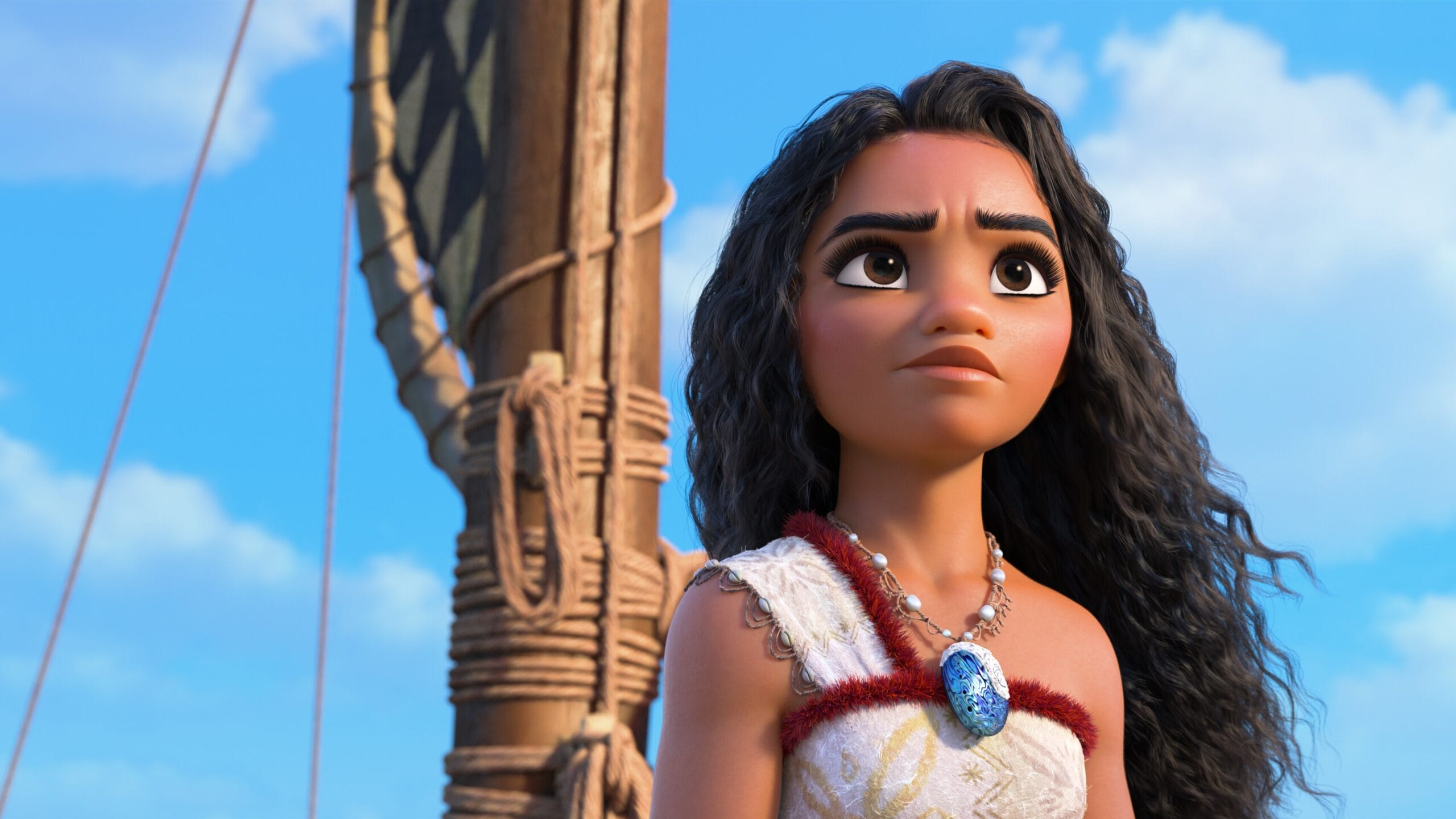Disney's Moana Lawsuit Controversy: Understanding The Bucky Legal Battle
The Disney Moana lawsuit has sparked significant debate in the entertainment industry, raising important questions about intellectual property rights and creative ownership. As one of Disney's most celebrated animated films, Moana has garnered millions of fans worldwide. However, behind the scenes, a legal storm has brewed involving allegations of copyright infringement. This controversy has not only affected Disney but also highlighted the complexities of creative property in the modern entertainment landscape.
This lawsuit centers around the character Bucky, whose creators claim that certain elements of Moana resemble their work. The case has garnered attention from legal experts, creatives, and fans alike, as it delves into the intricacies of copyright law and the protection of artistic expression. With high stakes involved, this legal battle could set a precedent for future disputes in the animation industry.
In this article, we will explore the details of the Disney Moana lawsuit, analyze the allegations, and examine the broader implications for creators and entertainment companies. By the end, you'll gain a comprehensive understanding of this complex legal issue and its potential impact on the industry.
Read also:Katy Perry Album Artwork A Deep Dive Into Her Visual Masterpieces
Table of Contents
- Background of the Moana Lawsuit
- Who is Bucky?
- The Legal Claims Against Disney
- Understanding Copyright Law
- Impact on the Animation Industry
- Expert Opinions on the Case
- Similar Cases in the Entertainment Industry
- Disney's Defense Strategy
- Possible Resolutions
- Conclusion and Future Implications
Background of the Moana Lawsuit
The Moana lawsuit emerged shortly after the film's release in 2016, when the creators of Bucky claimed that Disney had infringed on their intellectual property. Moana, a Disney animated feature, tells the story of a young Polynesian girl who embarks on a journey to save her people. The lawsuit argues that certain character designs and story elements in Moana bear striking similarities to Bucky, a character created years earlier.
Disney, known for its meticulous creative processes, has faced similar allegations in the past. However, this particular case has garnered significant attention due to the cultural significance of Moana and the strong emotional connection fans have with the film. The lawsuit raises questions about the boundaries of inspiration versus infringement in the creative process.
Who is Bucky?
Bucky is a fictional character created by independent artists who allege that Disney borrowed elements from their work. To better understand the allegations, let's delve into the character's background:
| Character Name | Bucky |
|---|---|
| Creators | Independent Artists (Names Redacted for Legal Reasons) |
| Creation Date | Early 2000s |
| Character Description | An adventurous character with Polynesian-inspired traits and a focus on environmental themes. |
Bucky's creators argue that the character's design, thematic elements, and cultural references were uniquely developed and protected under copyright law.
The Legal Claims Against Disney
The legal claims against Disney revolve around several key allegations:
Read also:Maddox Batson Age Unveiling The Life And Achievements Of A Rising Star
- Character Design Similarities: The creators argue that Moana's character design closely mirrors Bucky's appearance, including specific visual elements.
- Thematic Overlap: Both stories emphasize themes of environmental preservation and cultural heritage, which the plaintiffs claim are unique to their work.
- Cultural Representation: The lawsuit highlights the importance of protecting indigenous narratives and preventing large corporations from co-opting them.
These claims have sparked a broader conversation about the responsibilities of major studios in respecting the intellectual property of independent creators.
Understanding Copyright Law
Copyright law is designed to protect original works of authorship, including literary, musical, and artistic creations. For a lawsuit like this to succeed, the plaintiffs must demonstrate that:
- Their work was original and protected under copyright law.
- Disney had access to their work before creating Moana.
- There is substantial similarity between Bucky and Moana.
Legal experts note that proving these elements can be challenging, especially in cases involving broad thematic similarities. The law distinguishes between ideas, which are not protected, and the specific expression of those ideas, which can be copyrighted.
Impact on the Animation Industry
The Moana lawsuit has far-reaching implications for the animation industry. Studios must now be more vigilant in ensuring that their creative processes do not inadvertently infringe on existing works. This case serves as a reminder of the importance of:
- Conducting thorough research and due diligence before production.
- Documenting creative decisions and influences.
- Respecting the intellectual property rights of independent creators.
Industry professionals warn that excessive litigation could stifle creativity, as creators may become hesitant to explore certain themes or character archetypes.
Expert Opinions on the Case
Legal experts have weighed in on the Moana lawsuit, offering diverse perspectives:
- Intellectual Property Lawyers: Many believe that the case hinges on the specificity of the alleged similarities. If the plaintiffs can demonstrate concrete evidence of copying, they may have a strong case.
- Cultural Critics: Some argue that the lawsuit highlights the need for greater representation and protection of indigenous narratives in mainstream media.
- Animation Industry Insiders: Professionals in the field emphasize the importance of collaboration and transparency in creative processes to avoid future disputes.
These opinions underscore the complexity of the issue and the need for a balanced approach in resolving such disputes.
Similar Cases in the Entertainment Industry
The Moana lawsuit is not the first of its kind. Several notable cases in the entertainment industry have set precedents for copyright disputes:
- Star Wars vs. Battlestar Galactica: This case explored the boundaries of inspiration versus infringement in science fiction storytelling.
- Avatar vs. Dances with Wolves: Similarities in thematic elements led to allegations of copyright infringement, though the case was ultimately dismissed.
- Harry Potter vs. The Golden Compass: A case highlighting the challenges of proving substantial similarity in fantasy literature.
These cases demonstrate the evolving nature of copyright law and its application to creative works.
Disney's Defense Strategy
Disney has mounted a robust defense against the Moana lawsuit, arguing that:
- The character and story elements in Moana are the result of independent creation and extensive research into Polynesian culture.
- Thematic similarities are common in storytelling and do not constitute copyright infringement.
- There is no evidence that Disney had access to Bucky's work during the production of Moana.
Disney's defense strategy emphasizes the importance of protecting creative freedom while respecting intellectual property rights.
Possible Resolutions
The Moana lawsuit could be resolved in several ways:
- Settlement: Both parties may agree to a settlement, avoiding the costs and uncertainties of a trial.
- Trial: If the case proceeds to trial, a judge or jury will determine whether copyright infringement occurred.
- Dismissal: The court may dismiss the case if the plaintiffs fail to meet the legal burden of proof.
Each outcome carries implications for the parties involved and the broader entertainment industry.
Conclusion and Future Implications
The Disney Moana lawsuit shines a spotlight on the complexities of intellectual property in the creative world. While the case remains ongoing, it underscores the importance of respecting independent creators and protecting cultural narratives. As the entertainment industry continues to evolve, studios must prioritize transparency, collaboration, and innovation to navigate the challenges of copyright law.
We invite you to share your thoughts on this issue in the comments below. Do you believe the Moana lawsuit has merit, or is it an example of overreaching copyright claims? Your feedback helps us provide more insightful content for our readers. Additionally, explore our other articles to deepen your understanding of intellectual property and entertainment law.


